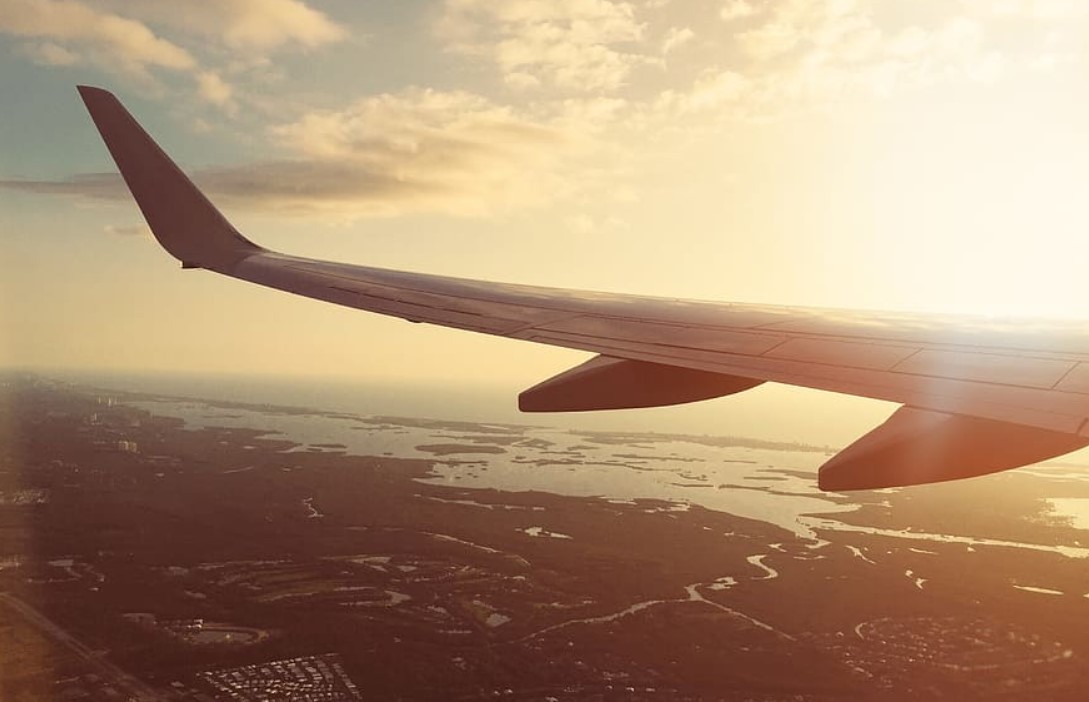The International Air Transport Association (IATA) has reported that the global air travel demand in 2023 was almost back to the pre-pandemic levels of 2019. According to the latest data released by the industry body, the total traffic in 2023 was at 94.1% of the 2019 levels, with a strong recovery in the fourth quarter. The IATA attributed the rebound to the easing of travel restrictions, the widespread availability of vaccines, and the pent-up demand for travel.

International Traffic Recovered Faster Than Domestic
The IATA data showed that the international traffic in 2023 was at 88.6% of the 2019 levels, while the domestic traffic was at 103.9% of the 2019 levels. This means that the international traffic recovered faster than the domestic traffic, as the latter was more affected by the lockdowns and border closures in 2020 and 2021. The IATA said that the international traffic was boosted by the reopening of major markets such as the US, the UK, and the EU, as well as the emergence of new travel corridors and bubbles.
The IATA also noted that the regional performance of the international traffic varied significantly, depending on the level of travel restrictions and the pace of vaccination. The Asia-Pacific region had the strongest growth, with a 126.1% increase in 2023 compared to 2022, followed by the Middle East with a 76.4% increase, and Latin America with a 54.3% increase. The regions that lagged behind were Europe with a 29.5% increase, and Africa with a 28.7% increase.
December 2023 Was the Best Month Since the Pandemic
The IATA data also revealed that December 2023 was the best month for the global air travel demand since the pandemic began. The total traffic in December 2023 was at 97.5% of the December 2019 levels, with a 25.3% increase compared to December 2022. The international traffic in December 2023 was at 94.7% of the December 2019 levels, with a 24.2% increase compared to December 2022. The domestic traffic in December 2023 was at 102.3% of the December 2019 levels, with a 27% increase compared to December 2022.
The IATA said that the strong performance in December 2023 was driven by the holiday season, as well as the improved consumer confidence and sentiment. The IATA also said that the emergence of the Omicron variant did not have a significant impact on the travel demand, as most countries adopted a proportionate and risk-based approach to the new variant, rather than imposing blanket bans or quarantines.
IATA Calls for a Strategic Approach to Maximize the Benefits of Air Travel
The IATA welcomed the recovery in air travel demand in 2023, and expressed optimism for the outlook of 2024. The IATA said that the air travel industry was ready to return to normal growth patterns in 2024, and to contribute to the global economic and social recovery. The IATA also said that the air travel industry was committed to achieving its net zero carbon emission goal by 2050, by investing in new technologies, operational efficiencies, and sustainable aviation fuels.
However, the IATA also urged the governments to take a strategic approach to maximize the benefits of air travel in the post-pandemic world. The IATA said that the governments needed to provide cost-efficient infrastructure to meet the growing demand, incentivize the production and use of sustainable aviation fuels, and adopt regulations that deliver a clear cost-benefit. The IATA also said that the governments needed to harmonize the travel protocols and standards, and to implement digital solutions to facilitate seamless and safe travel.








